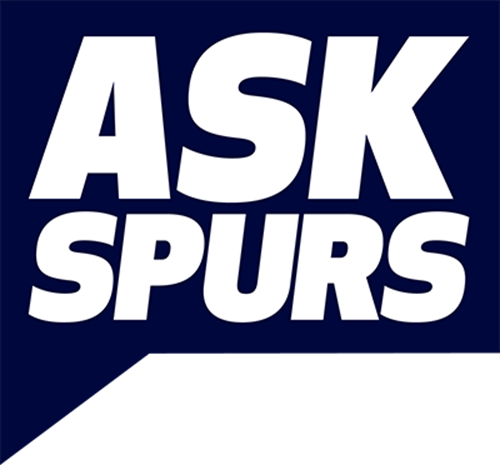The
Bill
Nicholson
years

We lost our greatest-ever manager and 'Mr Tottenham', Bill Nicholson, 20 years ago today - 23 October, 2004. He was 85.
Born on 26 January, 1919, Bill arrived at White Hart Lane in 1936 and served as player, coach and manager for the next 38 years. After a brief time away, he returned as Chief Scout in 1976, and remained part of our scouting set up until his retirement in 1997.
As a player, he made 341 appearances between 1938-1954 - his playing days interrupted by the Second World War - and was a member of Arthur Rowe's 'push and run' team that clinched the Division Two title in 1949/50 and our first Division One crown in 1950/51.
As manager, he won eight major trophies and led the Club through the 'glory, glory' years of the early 1960s, clinching an historic 'double' of the Football League title and FA Cup in 1960/61, retaining the FA Cup in 1962 and securing Britain's first European title, the Cup Winners' Cup, in 1963. We lifted the FA Cup again in 1967, the League Cup in 1971 and 1973 and the UEFA Cup in 1972 - all under Bill's leadership.
Leaving his post in 1974, Bill soon returned as Chief Scout and remained in our scouting set up until his retirement in 1997. Awarded the MBE in 1975, he was named Club President in 1991 and received the Freedom of the Borough from Haringey Council in 1998.
Bill sadly passed away in 2004 - 20 years later, his legacy lives on...
"It's been my life, Tottenham Hotspur, and I love the Club."
Playing days | 1936-1954
Born at Scarborough on 26 January, 1919, William Edward Nicholson was the second youngest of nine children. He attended Scarborough Boys’ High School, playing in the school team at centre half.
On leaving school he worked as a laundry assistant for six months and played for the Young Liberals side in a local league.
Recommended by his manager to our York based scout, he was invited for a trial by chief scout Ben Ives in a letter dated February 29, 1936.
The Tottenham Weekly Herald dated Friday, 13 March, announced in a six line paragraph... 'on trial - Spurs are giving a month’s trial to an amateur, Wm. E. Nicholson, an inside right of Scarborough Working Men’s Club. He recently celebrated his 17th birthday. His height is 5ft 8ins and weight 10st 12 lbs'.
The Herald’s first mention of Bill wearing the club colours was in a 3-5 defeat of our ‘A’ team at Guildford City on 21 March. Assigned to the White Hart Lane groundstaff, Bill scored a hat-trick on his second outing for our ‘A’ team, in a 7-1 victory over Brentwood Mental Hospital on 19 November, 1936. He also featured for Northfleet Amateurs during 1937 and it was about this time that he switched from playing at inside forward to left back.
He made his debut for our London Combination reserve team in a 3-0 home win over Bournemouth & Boscombe Athletic on New Year's Day, 1938, and was given a professional contract with the senior nursery club Northfleet United. On 18 April, 1938, he gained a Kent Senior Cup winner's medal in the final against Dover.
Bill signed professional forms for us during August, 1938, and added a further nine appearances to his second XI tally prior to making his Football League debut at Ewood Park in a 1-3 defeat by Blackburn Rovers on 22 October. He picked up a thigh injury and spent the latter part of the match playing at outside right but was fit enough to return to reserve team duty the following week.
At the time he was the 10th youngest player to have featured in our League team.
Bill pictured in the late 1940s...
Bill pictured in the late 1940s...
Bill's only England cap against Italy at Goodison Park in 1951 - and he scored inside a minute!
Bill's only England cap against Italy at Goodison Park in 1951 - and he scored inside a minute!
Bill in action against Leicester City at the Lane in April, 1949...
Bill in action against Leicester City at the Lane in April, 1949...
Bill with fellow Spurs legend and his captain - Ron Burgess...
Bill with fellow Spurs legend and his captain - Ron Burgess...
Bill gets in a block from Liverpool striker Billy Liddell at Anfield in January, 1954...
Bill gets in a block from Liverpool striker Billy Liddell at Anfield in January, 1954...
During the war, Bill served the Durham Light Infantry, rising to the rank of sargeant. He worked as an instructor in infantry training and physical education as well as playing plenty of Service football. Extended spells as a guest player at Newcastle United and Darlington were supplemented by briefer stints with Hartlepools United, Middlesbrough, Sunderland and Fulham. After the war he served the Central Mediterranean Forces HQ at Udini, Italy.
On returning to civvy street he attended FA coaching courses at Birmingham University and passed his Full Badge at the first attempt.
By 1948 Bill had settled in to the right half berth and was a regular reserve for the England team. During December that year he scored the first of his six League goals - in 314 appearances for us - at Fulham, which was also the club’s 2,000th in the Football League.
Bill on a training run with club greats Alf Ramsey (later England's World Cup winning manager in 1966), Eddie Baily (later Bill's assistant), winger Les Medley and and all-time goalkeeping great, Ted Ditchburn...
Bill on a training run with club greats Alf Ramsey (later England's World Cup winning manager in 1966), Eddie Baily (later Bill's assistant), winger Les Medley and and all-time goalkeeping great, Ted Ditchburn...
The 1949-51 ‘push and run’ campaigns saw Bill miss just four games as we lifted the Second and First Division championships in consecutive seasons. In 1950 he travelled to the Brazil World Cup as a member of the England squad having played three times for the ‘B’ team and gained FA and Football League representative honours. His only full cap was gained at Goodison Park against Portugal on 19 May, 1951. Bill scored within the first 30 seconds of a 5-2 victory. In all, he stood by as a reserve on 22 occasions.
Bill eventually retired in 1954/55 having appeared for us on 341 occasions in the league and FA Cup, scoring six goals.
Mel Hopkins, a team-mate of Bill's towards the end of his playing days and a legend in his own right with 240 appearance between 1952-62, felt Bill's talent should have been recognised more on the international stage.
"In my opinion, he made Alf Ramsey," said Mel, who sadly passed away in 2010. "Alf was clever, quick, a good passer of the ball, not a great tackler but Bill did his work allowing Alf to be the footballer. Bill was the one who did the graft. He was a marvellous player and should have had more caps really, he only had one."
Player to manager | 1954-60
With almost 20 years as a player behind him in 1954, Bill switched to a coaching role at Spurs and assisted with the England Under-23 team. Appointed assistant manager at the club in 1955, he took over the reigns as manager on 11 October, 1958 and his first match in charge gave an indication of the glory days to follow.
Struggling at the time with three wins in 11 in Division One, Everton were put to the sword 10-4 in front of 37,794 fans at the Lane. Bobby Smith led the scoring with four goals.
Bill took up the story of how he took over in his autobiography...
Early in October 1958 he (Jimmy Anderson, then manager) called me into his office and told me that Fred Wale, the vice-chairman, wanted to see me at his works, Brown's of Tottenham.
"What's it all about, Jim?" I asked.
"You go down there," he said. "You'll soon find out."
I drove to Mr Wale's premises and he welcomed me into his office.
"Jimmy Anderson isn't going to carry on as manager," he said. "Would you like his job?"
There was no suggestion at the time that Anderson was ill, but when the announcement was made three days later, on the morning of a home match against Everton, it was said he had retired through ill health.
Mr Wale made no mention of a pay increase or a contract. And I didn't raise the subject either. I never had a contract in my life as manager. I reasoned that if I wasn't good enough to do it, they would sack me. A contract wouldn't make any difference. I told Mr Wale I would like to do the job. I had been coaching at the club for four years and felt I could do it. "Fine," he said.
Bill takes over as manager in 1958 - his fist game - a 10-4 win against Everton!
Bill takes over as manager in 1958 - his fist game - a 10-4 win against Everton!
Bill on coaching duty for England Under-23s in 1955 - you may recognise the player on the left (a certain Brian Clough)...
Bill on coaching duty for England Under-23s in 1955 - you may recognise the player on the left (a certain Brian Clough)...
Bill was responsible for signing so many of our all-time greats - here's one putting pen to paper in 1959 - double star, John White...
Bill was responsible for signing so many of our all-time greats - here's one putting pen to paper in 1959 - double star, John White...
The 1958/59 campaign was a still a struggle but a run-in of just three defeats in 12 games saw the team climb away from the threat of relegation and finish 18th of 22.
The double team was starting to take shape. By now Bill had signed Dave Mackay, Bill Brown, Cliff Jones, John White and Les Allen and kicked-off the 1959/60 campaign with a 12-match unbeaten run on the way to third place in Division One.
Now, there was talk of the double.
Bill said in his autobiography, 'Danny Blanchflower claims it was around this time he first talked of Tottenham being capable of doing the double. I do not remember that, but I do know we had the makings of a good side. Our defence had let us down in the past. Now, with Bill Brown behind such sound defenders as Peter Baker, Maurice Norman, Dave Mackay and Ron Henry, I felt we had a chance. I was optimistic'.
Glory, glory | 1960-74
The 'glory, glory' years under Bill started with 11 straight wins in the team's first 11 games in Division One in the 1960/61 season - still a record - and ended with his retirement in 1974, eight major trophies and three Charity Shields later.
The league championship and FA Cup double of 1960/61 saw him join the short list of men to have won the championship as both a player and manager as we became the first club in football's modern era to achieve the feat that many felt at the time was impossible.
Bill and the players celebrate a record-breaking winning start to the 1960/61 season in the First Division...
Bill and the players celebrate a record-breaking winning start to the 1960/61 season in the First Division...
The FA Cup was retained in 1962 and Europe conquered in 1963 via the Cup-Winners' Cup, and a spectacular 5-1 victory over Athetico Madrid in the final in Rotterdam.
Our fifth FA Cup triumph was secured in the all-London final against Chelsea in 1967, the Football League Cup in both 1971 and 1973 and the UEFA Cup of 1972.
These feats brought many firsts; the first Double of the 20th century was followed by the first European trophy win by a British club; the first British team to win two different European competitions and the first to win the League Cup twice.
Skipper Danny Blanchflower lifts the league championship in April, 1961...
Skipper Danny Blanchflower lifts the league championship in April, 1961...
Bill and Danny at our FA Cup parade after retaining the trophy in 1962...
Bill and Danny at our FA Cup parade after retaining the trophy in 1962...
Bill gets his hands on the FA Cup for the third time after beating Chelsea at Wembley in 1967...
Bill gets his hands on the FA Cup for the third time after beating Chelsea at Wembley in 1967...
Bill with the UEFA Cup in 1972...
Bill with the UEFA Cup in 1972...
What was the secret? Bill and his double-winning players always referred to the togetherness of the group, the feeling of it being a Spurs family.
That went a long way, as Bill explained in his autobiography.
"A psychiatrist once wrote that footballers who like each other are more likely to pass to each other than to those they don't like. Such an obvious statement of fact met a scornful response, but I believe it is true.
"Football is a simple game and the simple beliefs and tactics are those which bring the greatest rewards.
"One of the factors in Tottenham's success in 1960/61 was that I had a sensible bunch of players who liked each other and wanted to play.
"There was no odd man out, no maverick in the camp. There were whole-hearted enthusiasts like Dave Mackay, Terry Dyson, Terry Medwin and Cliff Jones, nice people who wanted their colleagues to be as successful as they were.
"We were a team in every sense of the word, and a happy team with it."
Camaraderie was a key element for Bill - pictured here with Jimmy Greaves, Frank Saul, Jimmy Robertson and Mike England in 1967...
Camaraderie was a key element for Bill - pictured here with Jimmy Greaves, Frank Saul, Jimmy Robertson and Mike England in 1967...
Cliff echoed Bill's views. "It was such a privilege to have been part of what has become known as the ‘glory’ years of Tottenham. The year we did the Double we won our first 11 games, which is still a record, we scored 115 goals and it was all done with style and flair. We were very competitive and, at the same time, entertaining.
"We were a squad of players who had different skills and strengths, we got on well with each other and we took that onto the field and it worked. We were like a family, all great friends together.
"In the 1960/61 season more than two million fans flocked to see us in league matches plus another half a million in cup games. That says it all. We had a great set of supporters and there was an attachment between the players and fans which was very important to the club."
Scout, President, legend | 1974-2004
On 29 August, 1974, after 16 years as manager and eight major trophies, Bill announced his retirement. He remained in charge until 13 September.
Following a spell on the scouting staff at West Ham United he returned to serve us as a consultant and Chief Scout in July, 1976. His connection with our scouting department continued until his retirement in July, 1997. During July, 1991 he was appointed Club President.
Bill also served the South East Counties League, the organisation which our youth teams participated in. Elected a Life Member in 1986, he acted as Vice Chairman from 1989 until 1994.
Bill with Jimmy Greaves during his testimonial in 1983...
Bill with Jimmy Greaves during his testimonial in 1983...
On Sunday 21 August, 1983 we staged a testimonial match in his honour against West Ham. Alan Brazil equalised Dave Swindlehurst’s opener in a 1-1 draw, before a crowd numbering 20,101.
Our line-up was: Clemence, Hughton (Mabbutt), Thomas, Roberts, Stevens, Perryman, Ardiles (Hazard), Brazil, Galvin (Archibald), Hoddle (Price), Falco.
Macmillan published his autobiography ‘Glory, Glory, My Life With Spurs’ in 1984.
Bill was named Chief Scout under Keith Burkinshaw in 1976...
Bill was named Chief Scout under Keith Burkinshaw in 1976...
Bill's testimonial as we take on Fiorentina at the Lane in August, 2001...
Bill's testimonial as we take on Fiorentina at the Lane in August, 2001...
Bill with two of his legendary players - Dave Mackay and Pat Jennings - back at the Lane in 1999...
Bill with two of his legendary players - Dave Mackay and Pat Jennings - back at the Lane in 1999...
Bill receives his OBE in 1975...
Bill receives his OBE in 1975...
Amongst his personal honours, Bill received an O.B.E. in 1975 and the PFA merit award in 1984.
In December, 1998 he received the Freedom of the Borough from Haringey Council and in August, 2001, a near sell out crowd numbering 35,877 delayed the kick-off for 10 minutes when we staged a second testimonial for Bill against AC Fiorentina . An emotionally-charged evening saw Les Ferdinand, Gustavo Poyet and Steffen Iversen score our goals in a 3-0 victory.
Our team was: Sullivan, Taricco (Piercy 88), King, Freund (Davies 61), Doherty (Perry 69), Bunjevcevic, Clemence, Ziege, Ferdinand (Iversen 46), Poyet, Rebrov (Etherington 84).Subs (not used): Kelly, Thelwell.
Bill became the first inductee into the Tottenham Hotspur Hall of Fame at a dinner held on 11 March, 2004. The event was attended by 10 members of our Double winning squad. He was similarly honoured a couple of months later by The National Football Museum based at Preston.
He sadly passed away on 23 October, 2004.
Bill Nicholson - gone, but never forgotten.

































